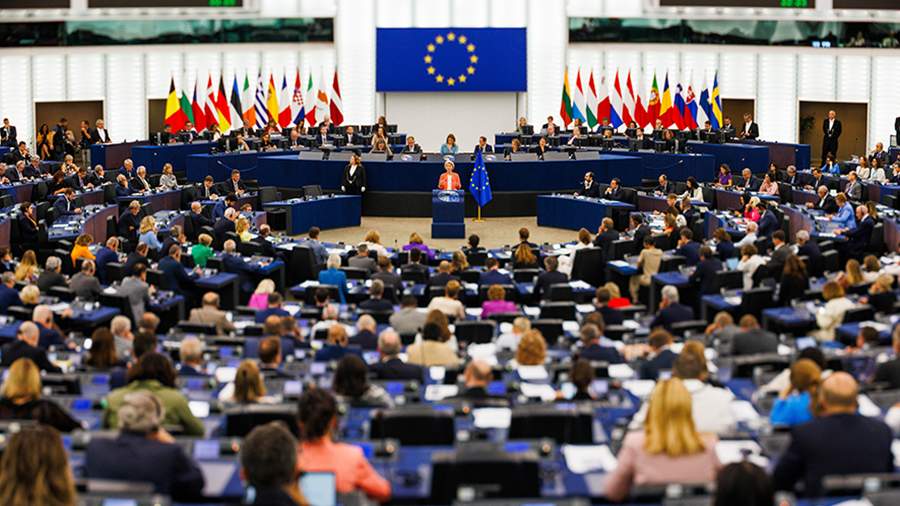EU says it is trying to agree to extend expiring sanctions against Russian Federation

The European Union is trying to agree on the extension of economic sanctions against Russia, which expire at the end of January. Anitta Hipper, a spokeswoman for the union's foreign policy service, said on January 17.
"For our part, we are working on an agreement within the Council in the EU to get unanimity," she said during a briefing.
At the same time, she did not comment on a possible appeal to the Belgian government to block Russian assets in case such sanctions could not be extended.
According to the Financial Times, Belgian officials are currently considering a solution that allows the use of a wartime decree adopted in 1944 that allows Belgian King Philip to block the transfer of assets out of the country. The publication specified that such a decree would be the responsibility of the government and could be signed by the king.
"Belgium, together with other EU member states, is doing everything possible to reach an agreement on renewing sanctions against Russia. We have managed to reach an agreement in the past, and we will continue to work to ensure that this will be the case this time as well," the publication quoted a Belgian foreign ministry spokesman as saying.
Earlier in the day, Hungarian Prime Minister Viktor Orban said that a new era would begin with the coming to power of US President-elect Donald Trump. He noted that the sanctions that were imposed by the European Union against Russia, it is time to cancel. In his opinion, the EU will have to adapt to the new era when Donald Trump returns to the White House, as well as to establish sanctions-free relations with the Russian Federation.
Prior to that, on January 14, CNN, citing sources, reported that the outgoing team of US President Joe Biden proposed to European colleagues to transfer the frozen assets of the Russian Federation to a special account. According to the sources, supporters of the US leader-elect Donald Trump are not against this initiative.
On December 24, 2024, Ukrainian Prime Minister Denis Shmygal wrote in his Telegram channel that the country had received $1 billion at the expense of frozen Russian assets, adding that this was the first tranche of the planned $20 billion that the United States is ready to allocate through the use of immobilized Russian assets within the framework of the G7 initiative. Andrei Klimov, deputy chairman of the Federation Council's (SF) Committee on International Affairs, called for the launch of inspections and civil and criminal proceedings after the transfer of $1 billion from Russian assets to Ukraine.
Western countries have stepped up military and financial support for Kiev against the backdrop of Russia's special operation to protect Donbass, which was announced by the Russian president on February 24, 2022, after the situation in the region worsened due to shelling by the Ukrainian military. Soon the EU approved the freezing of assets of the Russian Central Bank. A total of about $335bn was frozen.
Переведено сервисом «Яндекс Переводчик»

